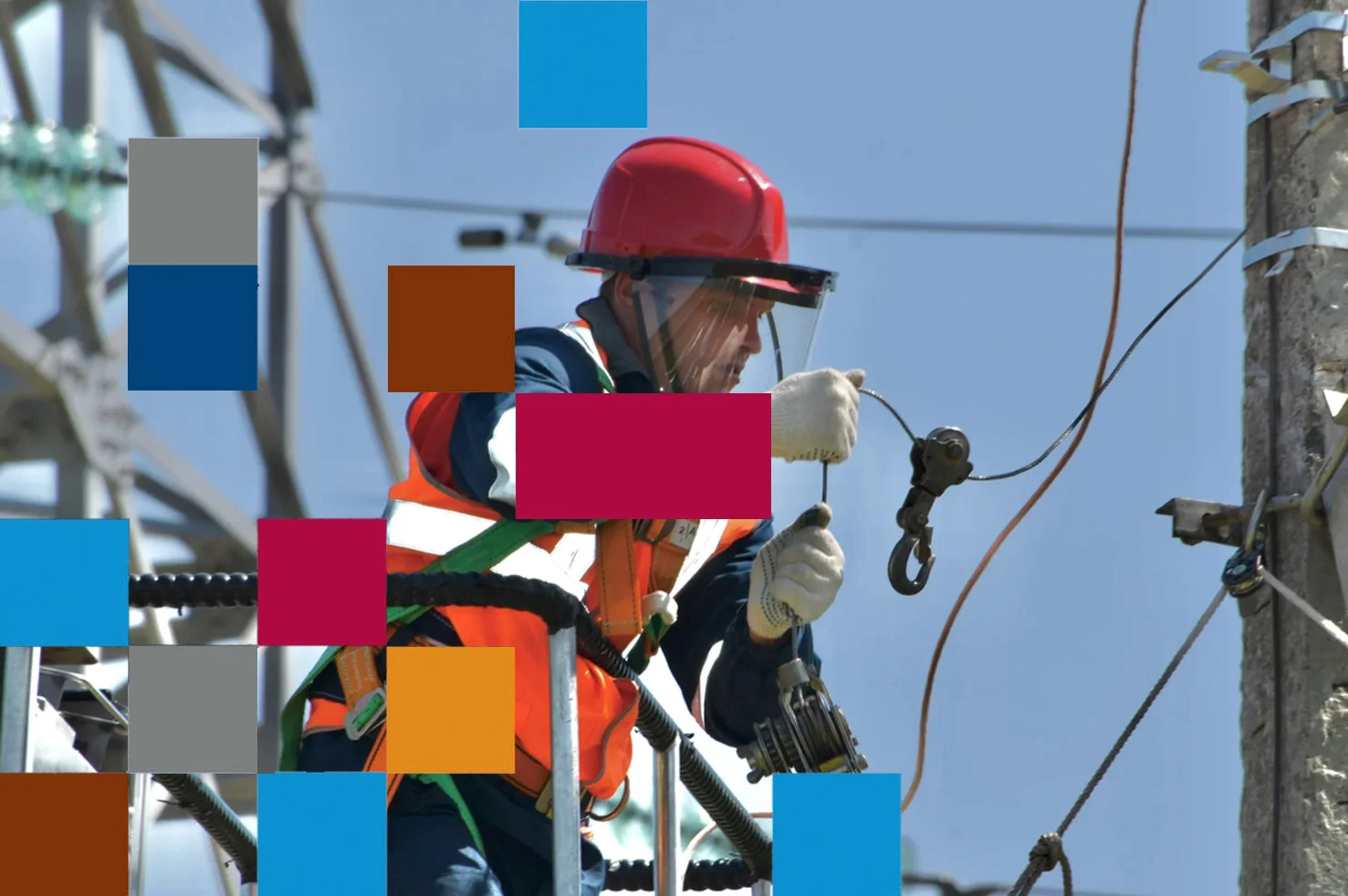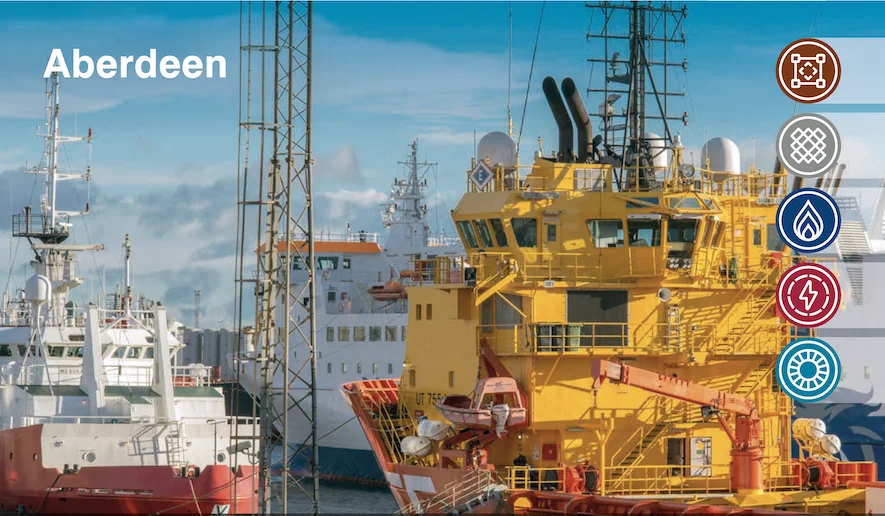How To Write A Winning CV
18 Jun, 20246 Mins
Searching for new oil and gas, life science, or energy opportunities? Here’s how to create a CV that gets you noticed – for all the right reasons!
If you’re applying for oil and gas jobs worldwide, your CV is your opportunity to market your skills, experience, qualifications and the value you would bring to a prospective employer.
Sure, your cover letter and job application are important when applying for jobs – but your CV is your ultimate sales tool and provides a chance for you to showcase to potential employers why they should choose you over other candidates.
Above all else, your CV should look professional, have sustainable facts and achievements, and be the platform from where you can demonstrate your suitability at interview.
So, if you’re looking to land your dream energy or oil and gas job here’s what to include to ensure your CV works hard for you...
How to Write a Winning CV
The layout
There are many different layouts to a professional CV, and yours should be individual and reflect your personality along with your experience.
However, as a guide your CV will be better received if it is well formatted using an easy-to-read black font, refrain from using unnecessary graphics or pictures and keep the information clear and concise using bullet points for achievements rather than long sentences.
What to include
With that in mind, whilst it’s important to include key information in your CV to showcase why you are the right person for the job, it’s important that your CV isn’t too long.
After all, hiring managers are busy, and often don’t have time to trawl through endless pages of irrelevant information. Therefore, we’d recommend including:
Contact/Personal Information
Details of how you are happy to be contacted including your name, address, telephone number, personal email address and any links to relevant professional social media sites that you are happy to be viewed. Please note that you are not required to include your date of birth.
Introduction/Professional Statement
As an opening at the start of your CV, this should be a positive biography that gives an overall description of you as a person, your skills, experience, achievements and is your chance to get the recruiters attention and gain interest.
It is a good idea to double check that this statement matches the specification of the role that you are applying to and avoid using company jargon that isn’t used broadly within the marketplace.
Education and Qualifications
As a rule, your most recent education/qualifications should be listed first along with the grade achieved. Any professional memberships should also be noted within this section.
Training/Certifications
Any valid training courses or certifications should also be included, along with the date of completion and the expiry date.
Career/Work History
Now onto the good stuff! In chronological order, starting with your most recent, include a list of your previous employers, job title, your responsibilities within your role and personal achievements.
Think of a typical day in your role: What did you achieve, which systems did you use, who did you interact with, and what was your impact?
Additional Information
You may well want to include any other interests, hobbies, achievements as a footnote to your CV. Please note however, that these interests need to portray a positive image and shouldn’t be detrimental to your application.
Useful Tips on CV Writing
As experts in energy, life science, and oil and gas recruitment, over the years we’ve reviewed thousands of CVs – and we’ve learnt a few things along the way about what makes a good CV great!
Here are some bonus tips to make sure your CV really packs a punch:
- Double and triple-check your CV for spelling/grammar errors and if possible, have another person proofread the document for you.
- Keep it clear, concise and accurate – do not feel pressurised to expand dates, experience or qualifications, as common practice is to check all of these through referencing procedures.
- Use positive, confident language to sell your experience and achievements. Do not just state why you are successful; back it up with specific achievements.
- Be ready to explain any gaps in your employment history. If you were travelling, where were you? If you were taking a sabbatical, then why and what did you do within this time? Did you learn any other transferable skills during this time? Have a positive response ready for any questions you might be asked.
- References – If you do include any references on your CV, then some recruiters see this as a green light to contact them. With that in mind, it might be a better option to have ‘references available on request’ for when an offer is imminent.
Need Further Help and Advice on How to Create a CV?
With so many exciting energy and oil and gas jobs worldwide, you’re sure to find the perfect role for you in the industry of your dreams– and if you need any more advice, that’s what we’re here for!
Here at Orion Group, our specialist team of recruiters have years of experience matching professionals to some of the world’s leading organisations.
So, whether you are searching for engineer jobs, procurement positions, or are searching for a supply chain role, feel free to contact us today for expert help and advice.
Get in touch with your local Orion Group office today or alternatively, why not have a look at the energy sector roles we have open and the oil and gas jobs we are currently working here.



